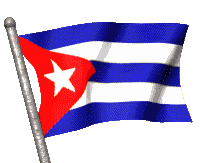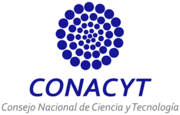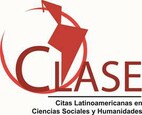The development of intercultural education. A comparative vision between Mexico and Bolivia.
Abstract
Social development throughout history has generated differences in national education; therefore, access to education is focused on the urban population, more than for rural and indigenous regions; the latter have high rates of poverty, illiteracy and socioeconomic inequality in contexts of vulnerability due to the lack of basic services such as education and health, the exploitation of natural resources, and the deterioration of their ecosystems. Due to this, an intercultural educational strategy is developed to adapt the teaching processes to the region, expanding the knowledge of its community in the social and environmental aspects to improve its quality of life and its economic stability.





































1.png)







1.png)







